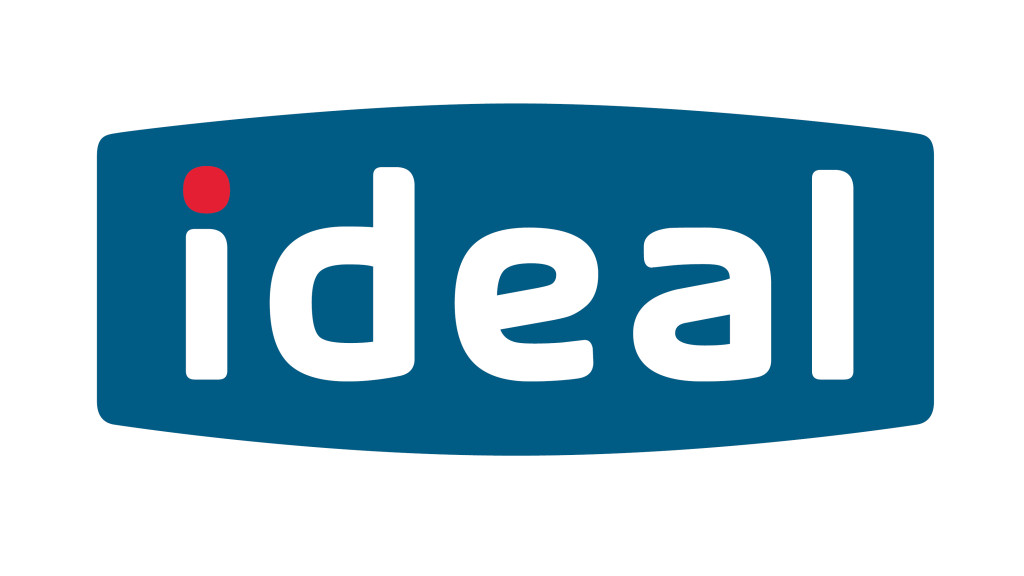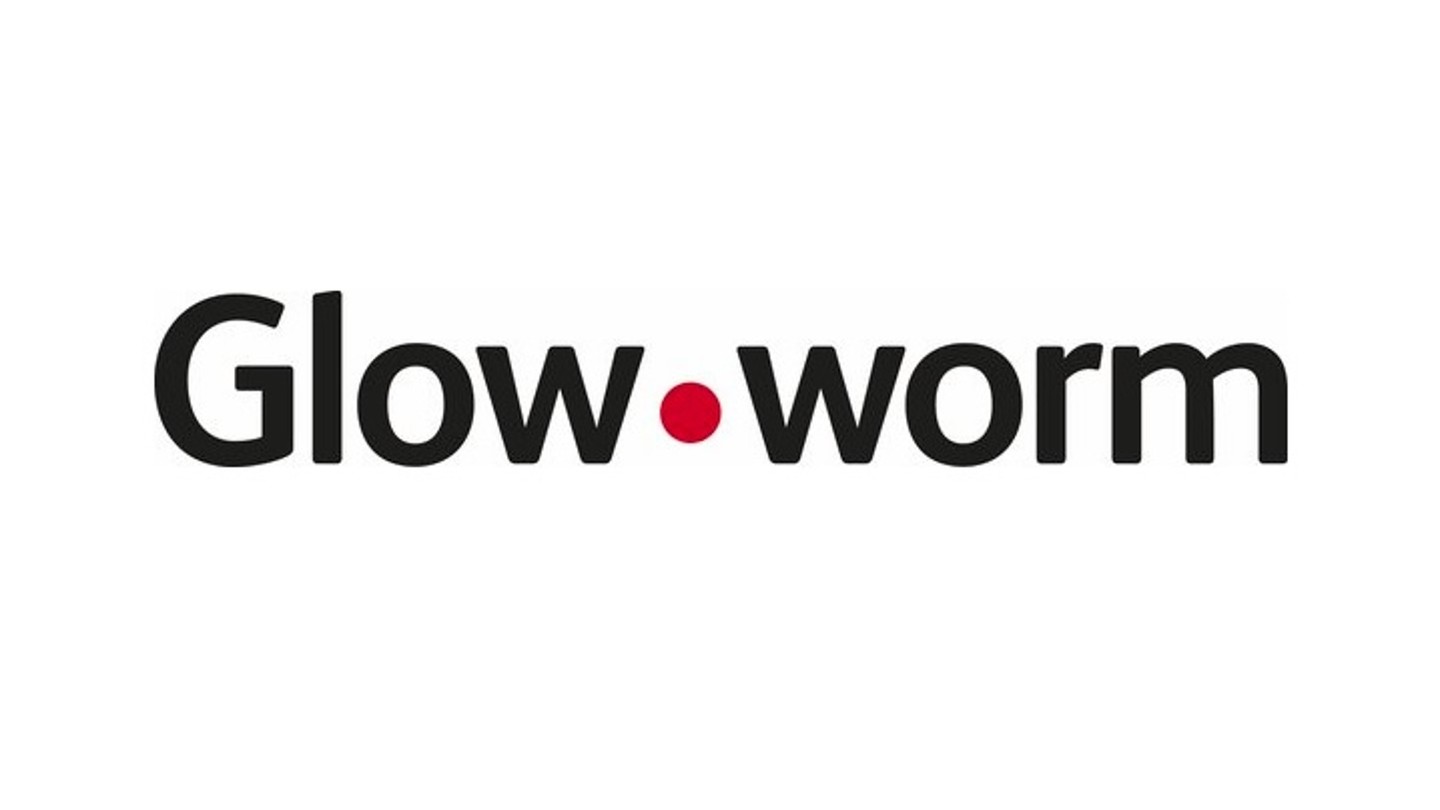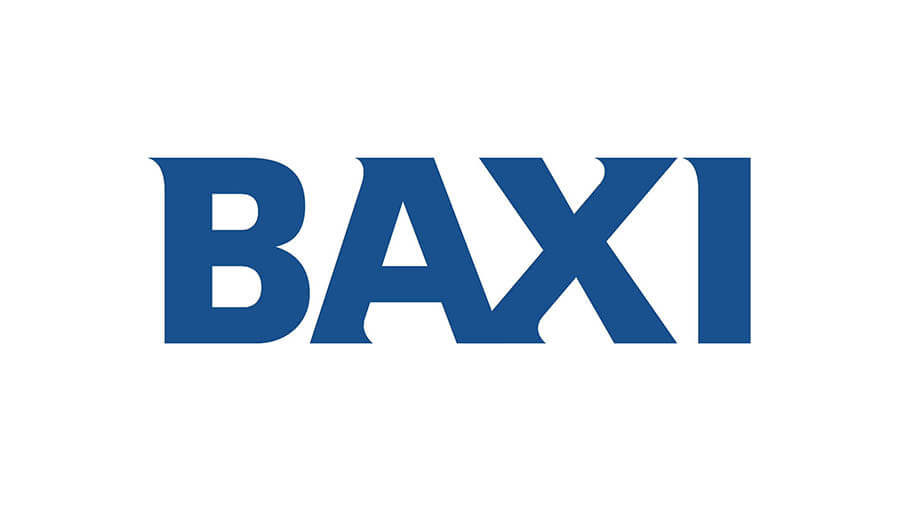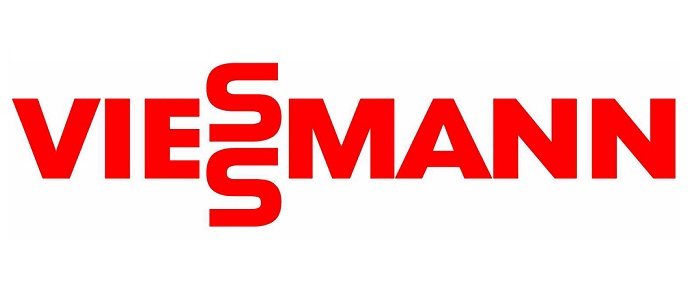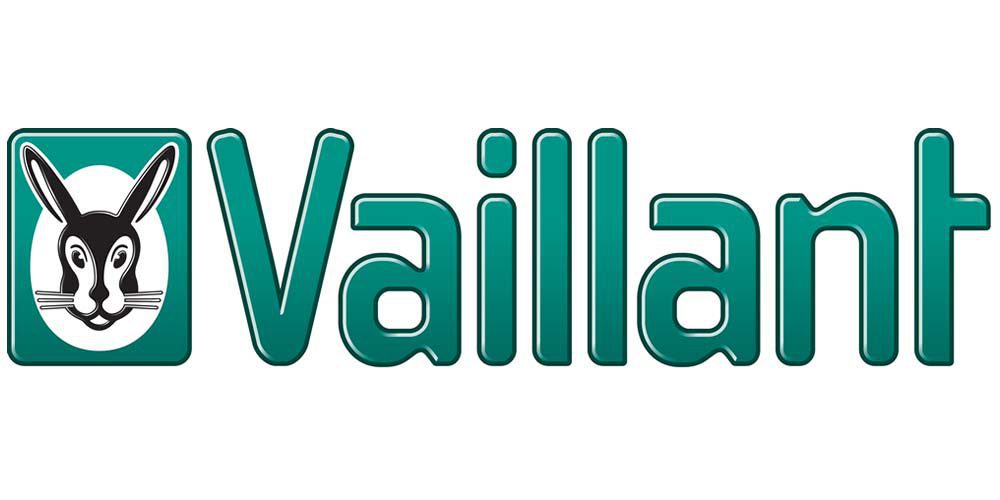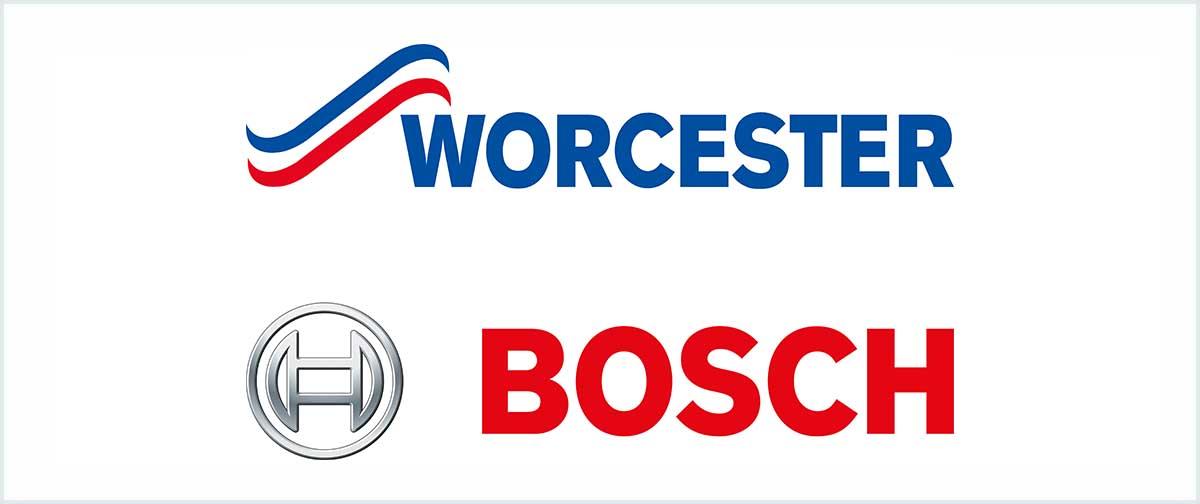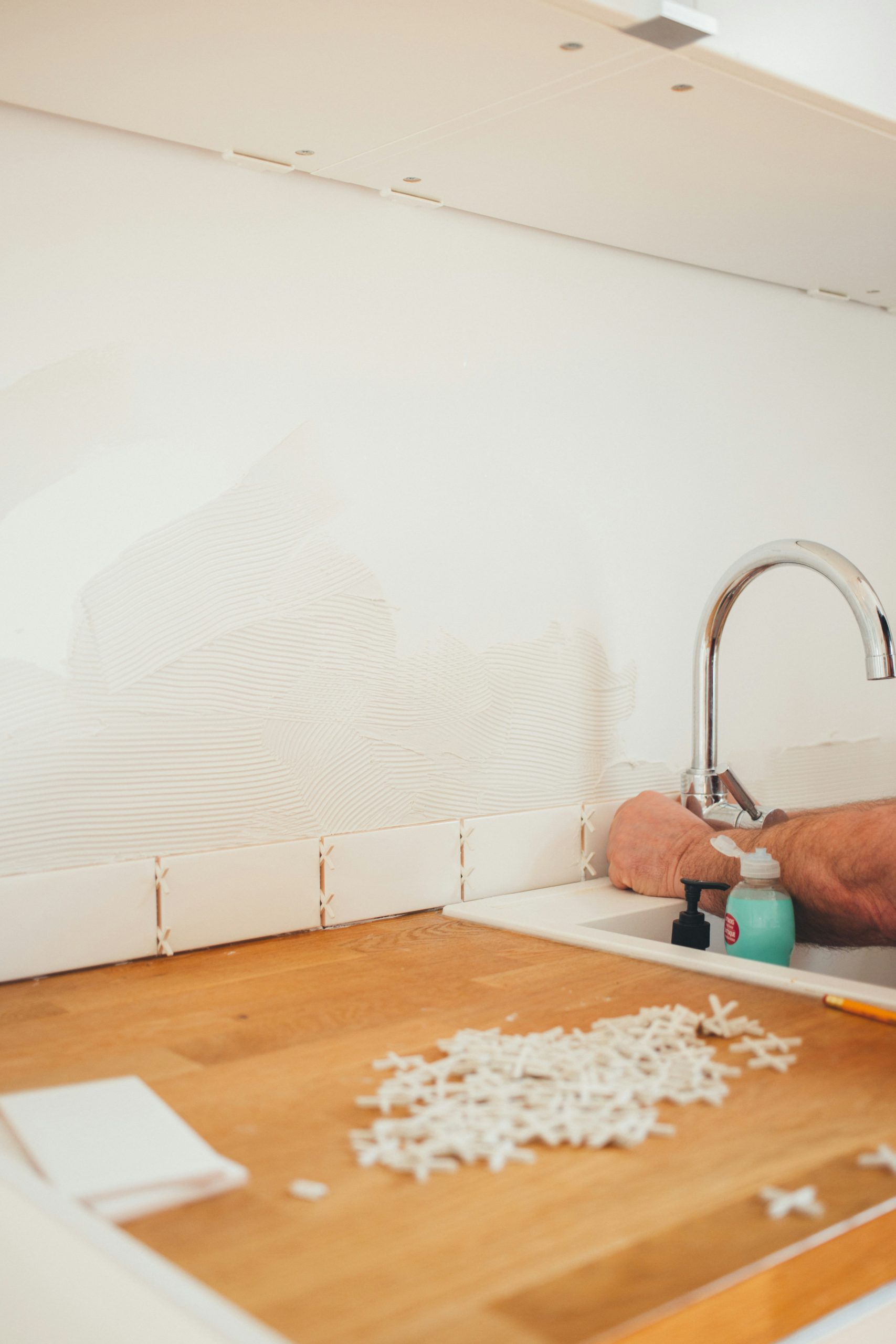
 In 2023, the UK plumbing industry is increasingly focused on the integration of advanced technology and sustainable practices. These areas are crucial not only for their immediate impact on operational practices and profitability but also because they align with global shifts towards sustainability and technological integration in trade practices.
In 2023, the UK plumbing industry is increasingly focused on the integration of advanced technology and sustainable practices. These areas are crucial not only for their immediate impact on operational practices and profitability but also because they align with global shifts towards sustainability and technological integration in trade practices.
Smart Plumbing Fixtures: There’s a growing emphasis on smart plumbing technologies such as motion-sensor faucets, advanced leak detectors, and low-consumption toilets. These innovations are designed to enhance water efficiency and meet the rising consumer demand for eco-friendly home solutions. They represent a significant shift towards modern, environmentally responsible living spaces.
Technological Adaptation: The industry is also experiencing a push for plumbers to adapt to new technological tools that improve the efficiency and accuracy of their work. Training in the use of infrared technologies for leak detection and high-definition cameras for pipe inspections is becoming more common. These tools help streamline operations and offer better diagnostic and repair services, which are beneficial for both the service providers and their clients.
Environmental Sustainability: Environmental impact is another critical focus, with more plumbers installing systems that support greywater reuse, rainwater harvesting, and the reduction of water and energy use. These systems help reduce a building’s carbon footprint and are increasingly favored in new construction and renovations due to consumer demand and regulatory trends.
Training and Education: As technology and environmental requirements evolve, there is a notable increase in the availability of advanced training courses and certifications for plumbers. These educational opportunities are tailored to new eco-friendly practices and the latest technological solutions, enhancing employability and expertise in a competitive market.
Market Trends: Demographic changes and urbanization are influencing the plumbing industry, driving the need for sophisticated plumbing solutions that accommodate the complexities of modern urban infrastructure. This is leading to innovations and adaptations in plumbing that are essential for supporting the dense populations and high usage demands of urban areas.
Overall, these trends underscore a dynamic shift in the plumbing industry towards more sustainable, efficient, and technologically advanced practices, ensuring plumbers remain vital to the infrastructure of modern and future environments.
